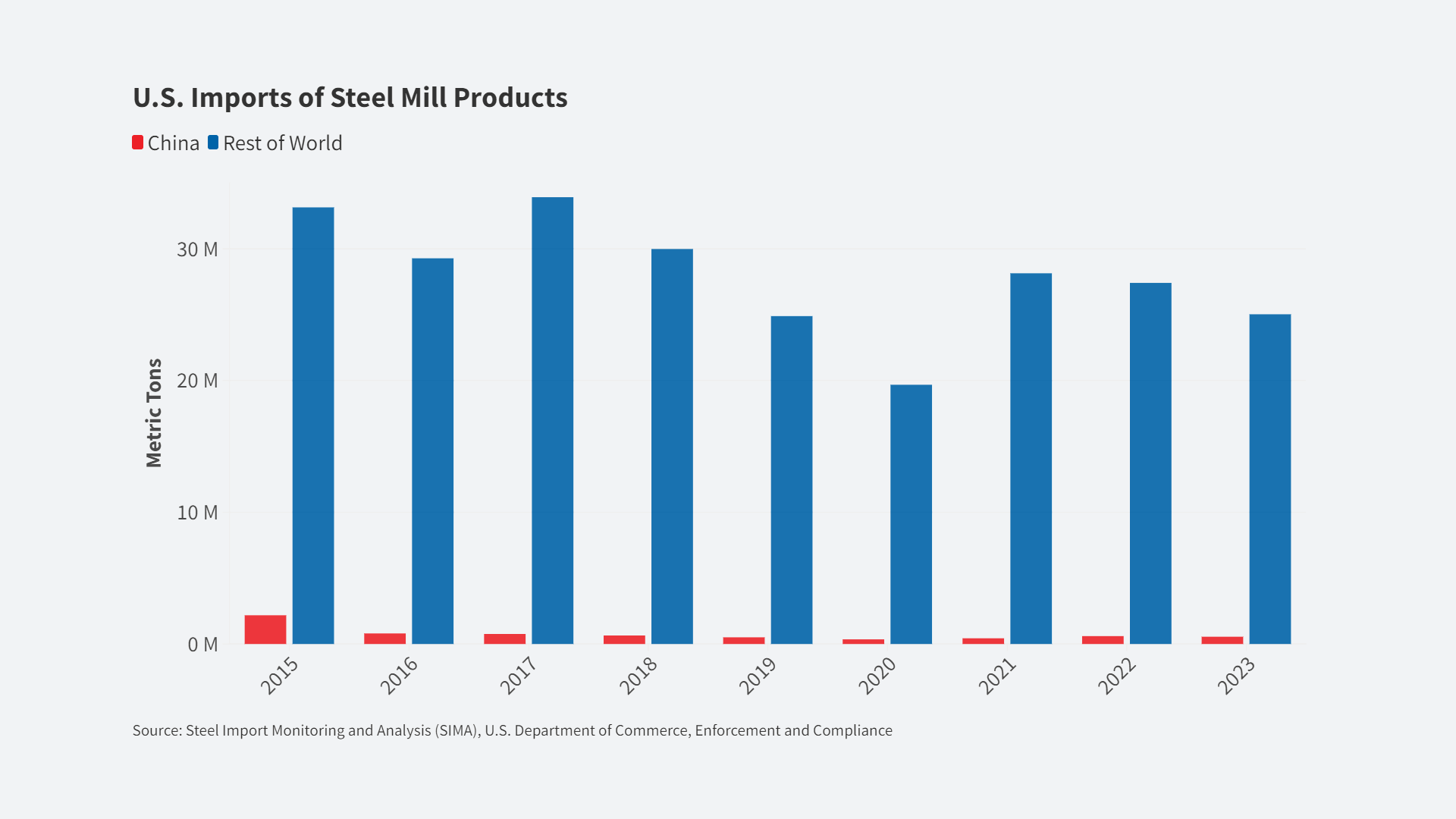
Conventional wisdom says that business and labor don’t agree on much. But that’s simply not true of workers and employers who are used to meeting at the bargaining table and finding solutions to important problems. And it is particularly not true when it comes to bad trade deals that have hurt working families and eroded our manufacturing sector.
[by Richard Trumka and Brian O’Shaughnessy | April 10, 2015 | Syracuse.com]
As you read this, Congress is considering “fast track” legislation. Fast track is a legislative procedure that transfers Congress’ constitutional authority to control trade policy to the executive branch. Instead, Congress would agree to take a quick up-or-down vote on a trade agreement after it has been negotiated in secret with little time to review the content. If a section of a trade deal would hurt small businesses and their employees, Congress can’t fix the problem.
Whether it’s the President or members of Congress, rhetoric from both sides of the aisle always stresses the importance of manufacturing and its role in revitalizing the American economy. So why do our elected officials want to undermine our manufacturing base by championing more bad trade policy?
For the last 20 years, trade deals like NAFTA have squeezed American manufacturers and rewarded global giants that offshore their supply chains. To compete, domestic producers often feel compelled to meet the “China price,” by drastically cutting their wages, or closing up shop and heading overseas.
At the same time, our trade deficit soared to more than $500 billion as our trading partners engaged in unfair practices like currency manipulation and gave special benefits to government-owned companies investing abroad. Despite this, our government has failed to update its trade policies to level the playing field for U.S. businesses and workers. As a result, good-paying jobs dried up, businesses lost customers and millions of families were knocked off their feet.
Bad trade policy hurts working people and it hurts businesses like Revere Copper, one of America’s oldest manufacturers located in Rome, N.Y. Revere was founded by one of the first American Patriots, Paul Revere, and led by his descendants for generations. At Revere, employees are recognized as vital assets, to be invested in, rather than costs to be cut.
Since 1801, Revere Copper has been a staple of America’s economy and a symbol of the American can-do spirit. Revere supported NAFTA in 1992 and the Central American Free Trade Agreement (CAFTA) in 2005 because we believed the promise of economic growth. We now oppose these trade deals because those promises turned out to be false. The success of American manufacturers like Revere is threatened if U.S. trade policy fails to correct, and indeed exacerbates, past mistakes.
Now, the administration is pursuing a similar trade deal called the Trans-Pacific Partnership (TPP) with 11 countries in the Pacific Rim. This deal could undermine more “Main Street” American businesses. Despite the requests of American producers, the administration has refused to deal with modern trade cheating. If the TPP is passed under fast track authority, Congress would be rushed into voting on a bill that’s thousands of pages long with no opportunity to amend or improve it.
The stakes in this battle are high. Our economy cannot sustain a poorly crafted trade agreement with 11 countries representing 40 percent of global GDP. We were promised growth and prosperity by promoters of NAFTA, the Korea FTA, and PNTR for China. Instead unfair trade practices continued, 5 million manufacturing workers lost jobs, nearly 60,000 factories have closed, and countless communities have been devastated. We can’t afford another fast-tracked trade deal that outsources jobs instead of building our home-grown economy and improving American living standards.
We have a chance to assess past trade policy and craft a deal that corrects our trade imbalances, the decline in our manufacturing sector and net job destruction. But if fast track passes, the TPP negotiators will continue to work in secret, limiting public scrutiny, full congressional oversight and suggestions for improvement. They know anything they bring back will get the same fast track treatment — up or down, with no changes allowed. That’s not democracy. That’s a formula for another job-killing trade agreement.
As a business owner and a labor leader, we agree that fast track is a recipe for disaster. It’s why so many prior supporters of trade deals are now opposed. It’s why “Main Streets” across the U.S. have more “out of business” than “open” signs. More American manufacturers will shut their doors, more main-street businesses will lose customers, and more families will see their economic security threatened. Congressman John Katko, Congresswoman Elise Stefanik and the rest of the New York Congressional delegation should oppose fast track authority and craft a new strategy to grow good jobs and America-based production.
Richard Trumka is president of the AFL-CIO. Brian O’Shaughnessy is chairman of Revere Copper in Rome.













